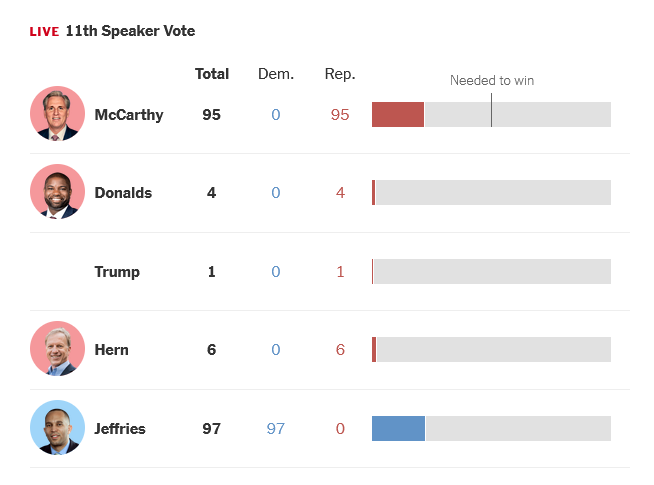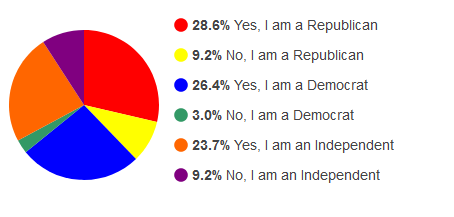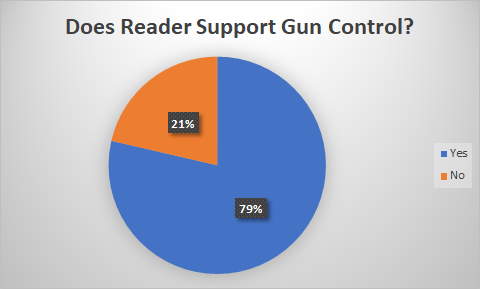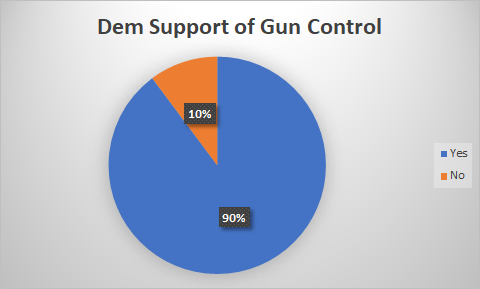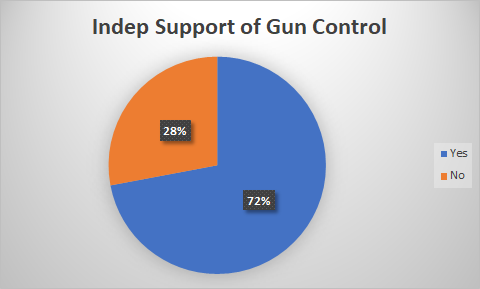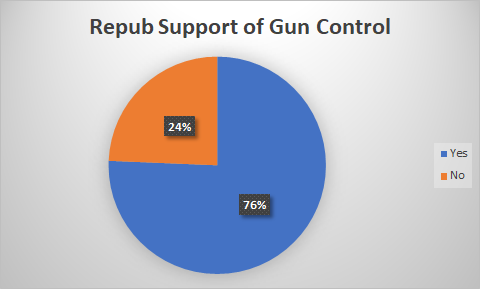The “fair tax plan would replace federal income tax with a national sales tax. I can see the appeal if you don’t spend any time doing math. I mean, who *likes* filling out their taxes each year? A simple way that eliminates all of the IRS overhead sounds awesome. Make sure actual numbers get as much air time as the nice sounding “you wouldn’t have to fill out the tax form” and “no more wasting money on agents [to collect money people cheat the government out of]”. How much would you have to spend in a year to match your current tax load? Simple — take the amount of federal income taxes you paid and divide it by 0.3 (because the proposed rate I’ve seen is 30%). Do you spend more than that a year on taxable stuff? If so, you are seeing a tax increase!
Someone making minimum wage makes ~about~ $30,000 a year. And, with absolutely no deductions of any sort and as a single filer, they pay $3,394.50 in federal income taxes (they don’t; no one I’ve encountered who makes minimum wage actually pays the full “rack rate” for income tax because they qualify for some deductions). That would mean $11,315 a year in taxable purchases to reach their *WORST CASE* federal tax bill. Fifty bucks a week for groceries is $2,600 right there. Need to buy clothing/shoes? That’s taxed. Need to buy furniture? More taxes.
On the other hand, I pay about $15,000 in federal income tax. At 30%, that would require 50,000$ of taxable purchases *each year*. Maybe if there were some “get out of sales tax free” card that they handed out to anyone making under 40k a year, this would be an interesting way to discourage wasteful consumerism. But (1) that’s hardly the plan and (2) there’s a huge difference between taxing a new Birken bag and taxing *dinner*. The one good point I could see (well, other than there being absolutely no way any of this nonsense goes anywhere in the Senate nonetheless gets a presidential signature) is that, if the sales tax is only on new purchases, it would be a huge boon to resale and repair businesses.
Worse still, the more you make? The easier it is to reduce your overall tax burden. With land and solar, I could go this year without spending money on anything other than homeowners insurance, car insurance, property taxes, and probably new tires for the car. Even if all of these are subject to federal sales tax, that’s maybe $3,000 in tax for the year. More likely, though, only the tires are taxed.
